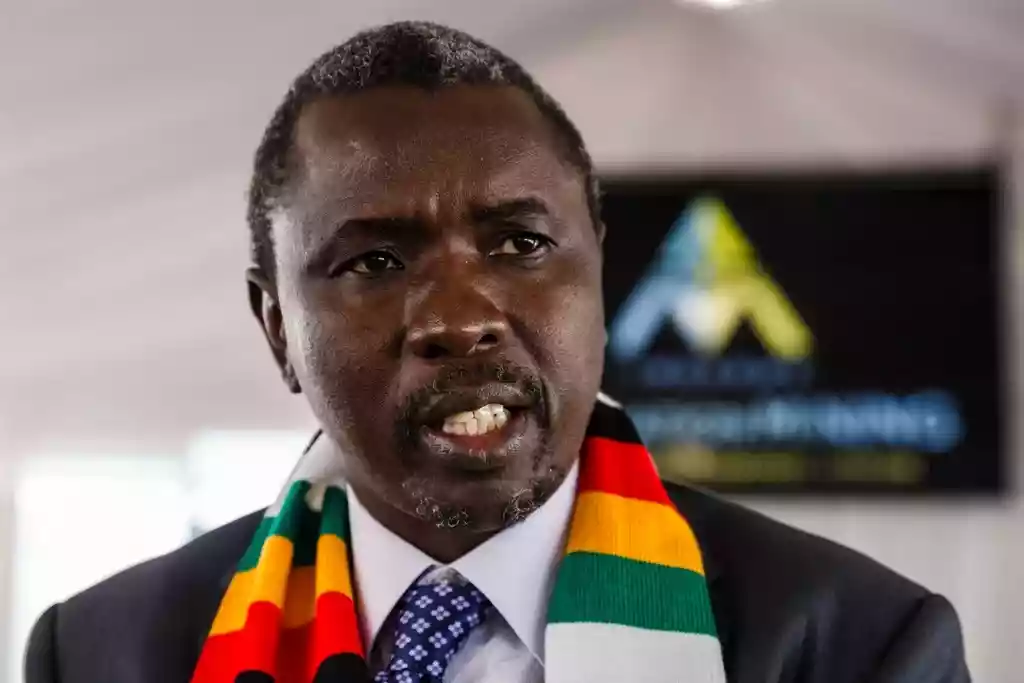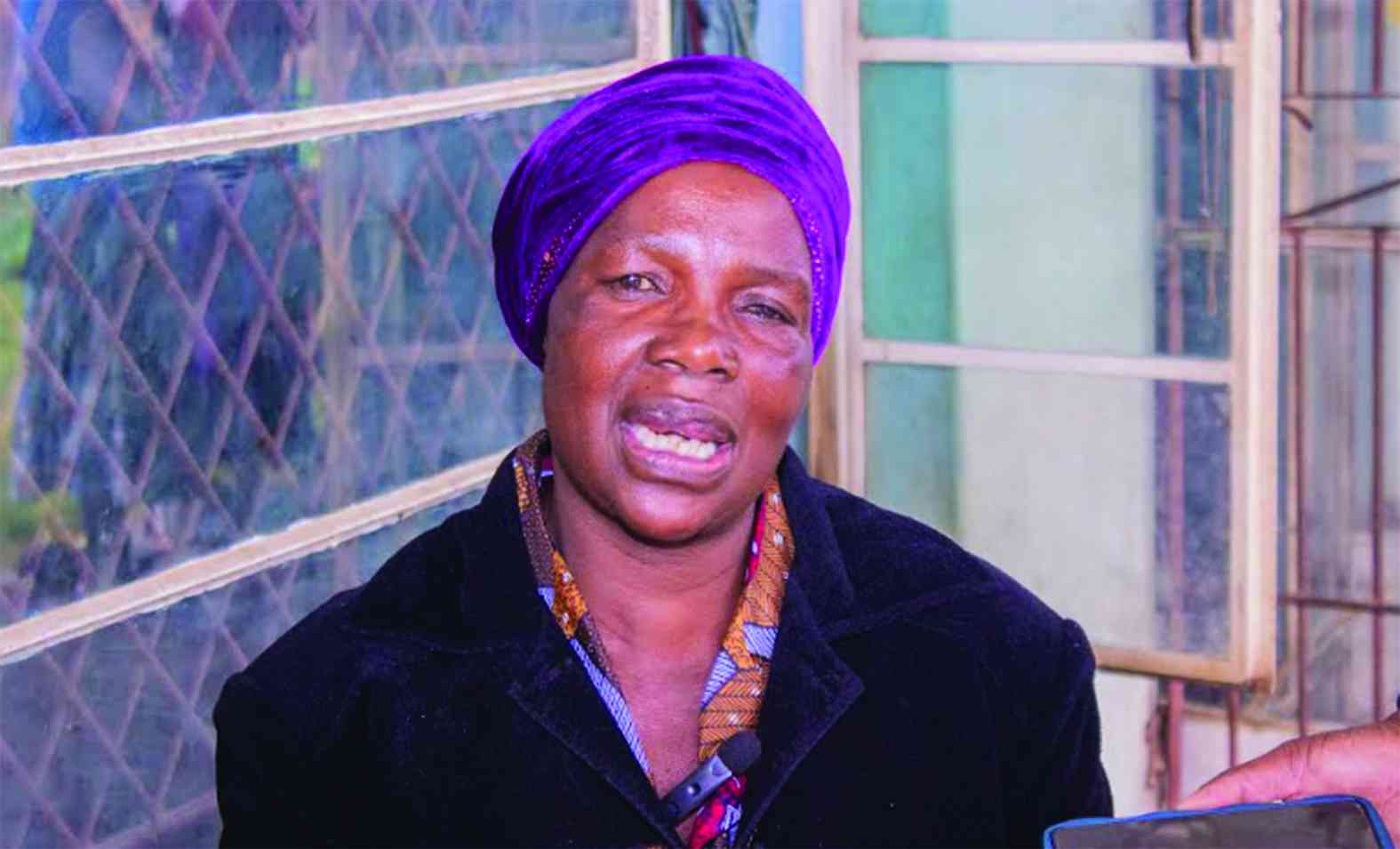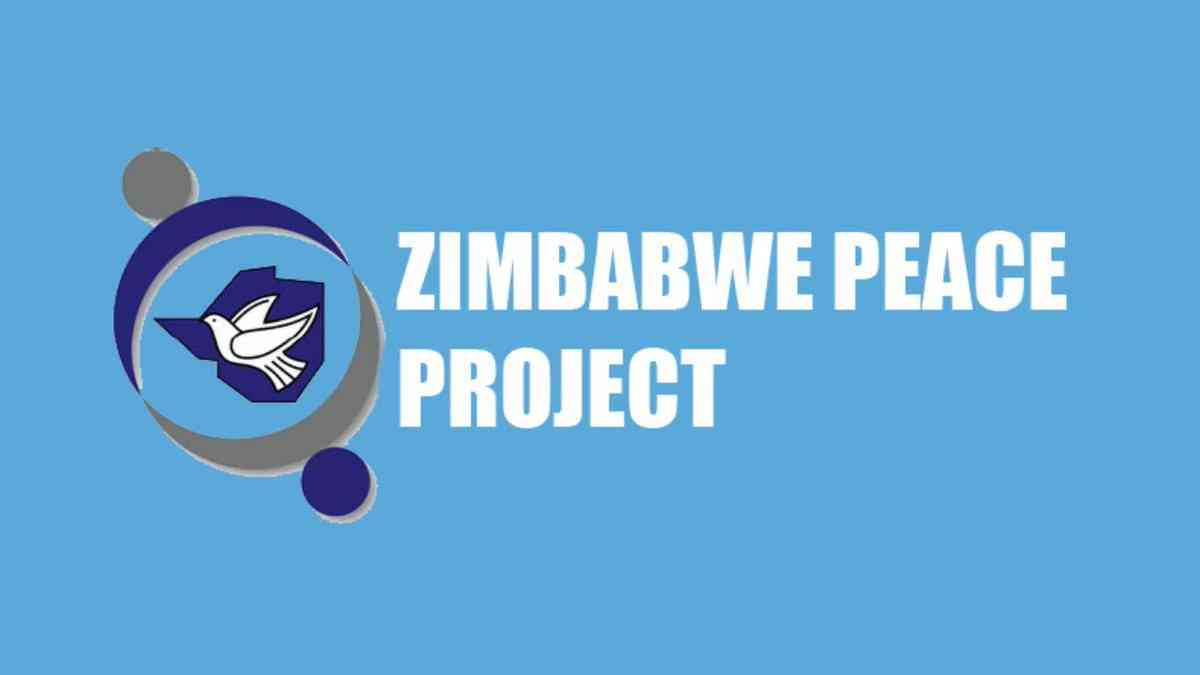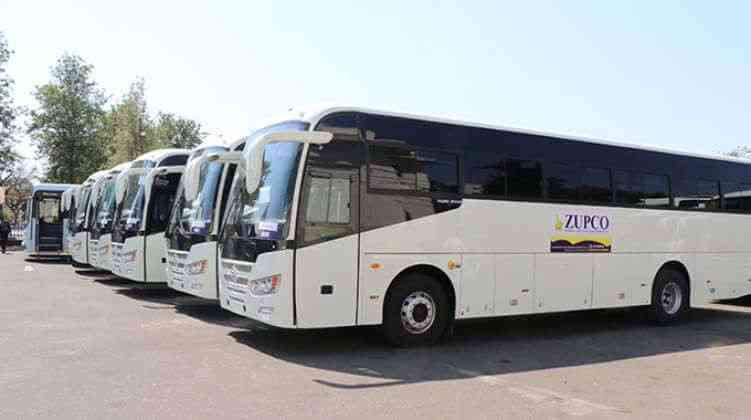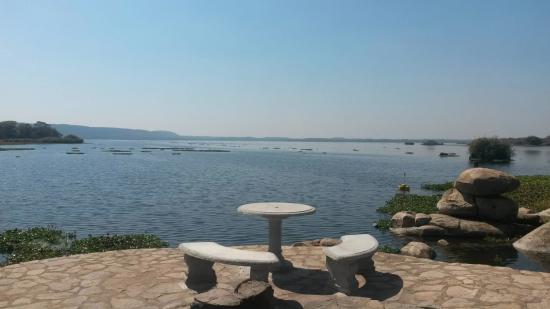
BY MIRIAM MANGWAYA HARARE City Council (HCC) has raised alarm over the depletion of water at one of the city’s supply dams Lake Chivero, a situation which could spark fresh water shortages.
City engineer Victor Shana said the local authority was also losing huge amounts of water from ageing water pipes that continually burst, further aggravating the crisis.
He was addressing a breakfast meeting hosted by Combined Harare Residents Association (CHRA), Community Water Alliance of Zimbabwe (CWAZ), and the Human Rights Watch to discuss the water and sanitation situation in the capital.
“Our water reticulation pipes have seen better days. The pipes we are using were designed for a population of 364 000, but now they are serving over 2,5 million people. There is need for a plan to replace the pipes to avoid bursts and improve water supplies,” Shana said,
“Replacement will be done in phases because council is not financially capable of replacing them all at once. Residents are not paying bills and, therefore, council will not be able to raise enough revenue to replace old pipes and other infrastructure.”
Statistics released by Shana show that the local authority has been managing to supply water to between 54% and 68% of ratepayers from January to October.
In her 2019 audit report, Auditor- General Mildred Chiri said the majority of residents in major urban areas were drinking sewage-contaminated water due to poor management systems.
She said urban local authorities were failing to attend to sewer blockages within 24 hours, resulting in raw sewage mixing with drinking water.
- Chamisa under fire over US$120K donation
- Mavhunga puts DeMbare into Chibuku quarterfinals
- Pension funds bet on Cabora Bassa oilfields
- Councils defy govt fire tender directive
Keep Reading
Last month, the HCC attended 922 cases of water pipe bursts.
“Harare City Council fails to attend to 50,4% of water pipe bursts due to lack of materials. Around 32,9% of the bursts are unattended due to shortages of transport within the local authority. Illegal mining and the hyacinth plant is affecting the capacity of the council’s raw water supply facilities. Incessant power cuts due to load shedding are affecting the local authority’s potential to avail water,” Shana said.
Southern Africa Human Right Watch director Dewa Mavhinga said: “Solving the Harare water crisis requires collaboration, linkages and a multi-sectoral approach involving the residents, government, civic society and other relevant stakeholders.”
Government approved the construction of Kunzvi Dam to ease water challenges in Harare and Chitungwiza.
Follow Miriam on Twitter @FloMangwaya

